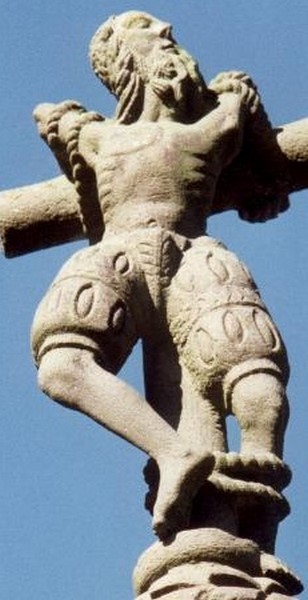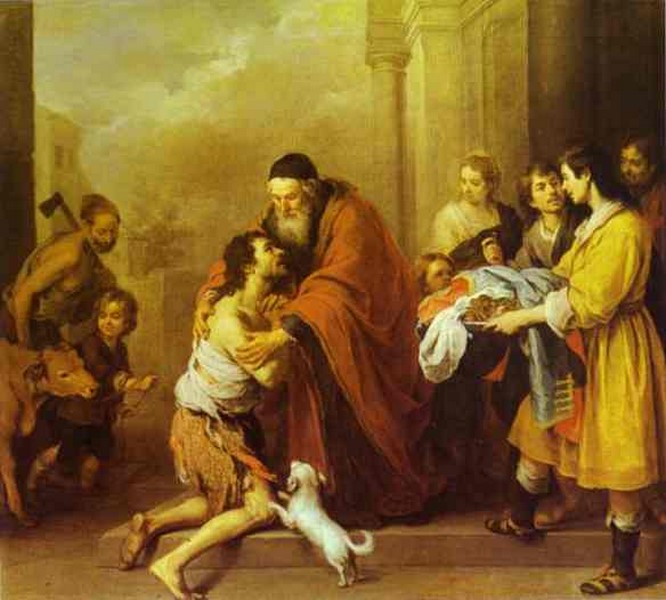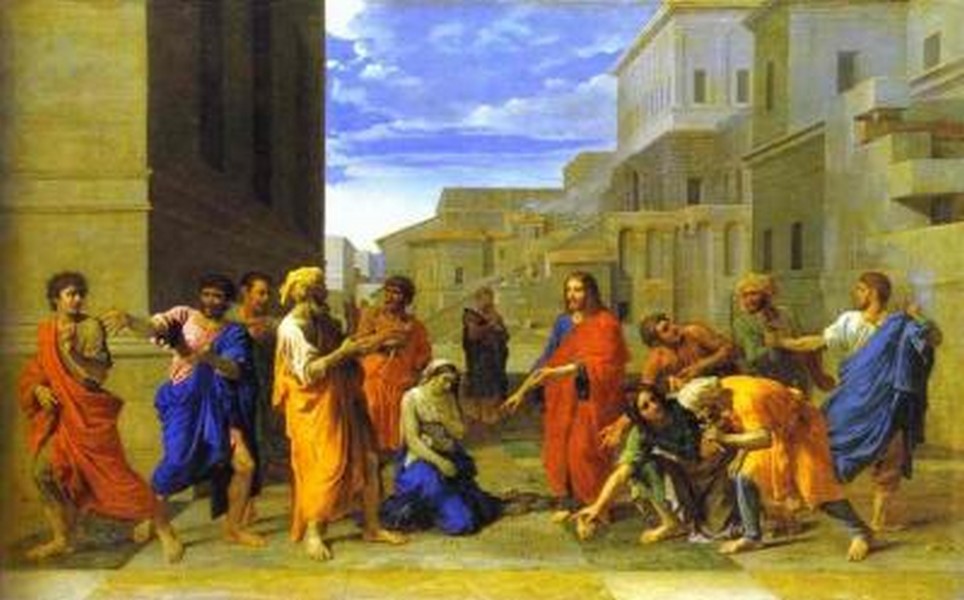Letter of Pope Francis
From the Letter of Pope Francis to participants in the 19th International Congress of the International Association of Penal Law end of the 3rd Congress of the Latin-American Association of Penal Law and Crmiminology. (Vatican, May 30th 2014)
“The Lord has gradually taught his people that there is a necessary asymmetry between crime and punishment, that one cannot apply the remedy: an eye for an eye or a tooth for a broken tooth, by breaking that of another. Justice is to be rendered to the victim, not by executing the aggressor.
The Good Samaritan can serve as a biblical example of compensation. Without giving thought to prosecuting the guilty party, so that he assumes the consequences of his action, [the Good Samaritan] tends to the one severely injured on the roadside and takes care of his needs (cf. Lk 10:25-37).
In our communities, we tend to think that crimes are resolved when the criminal is caught and condemned, directly in relation to the damage that he caused, or without paying enough attention to the situation in which the victim is left. However, it would be error to model compensation only on punishment, to confuse justice with revenge, which would contribute only to increasing violence, even if it is institutionalized. Experience tells us that enhancing and enforcing penalties often fails to resolve social problems, nor do they result in reducing the crime rate. Moreover this method can create serious problems for the community, such as overcrowded prisons and people held without [valid] convictions…. In many cases the offender fulfills his punishment objectively, serving his sentence but without changing inside or healing his wounded heart.
In this regard, the media, in the legitimate exercise of freedom of the press, play a very important role and have a great responsibility: it falls to them to accurately inform and not to raise alarm or create social panic when reporting on criminal offenses. Lives and personal dignity are in play, and must not become publicity cases, often becoming even obsession, condemning the presumed guilty party to social contempt prior to judgment, or forcing the victims, for sensationalistic motives, to publicly relive the pain they experienced.”
“If the criminal is not sufficiently helped, if he is not offered the opportunity to convert, he will end up being a victim of the system. It is necessary to do justice, but true justice is not satisfied by simply punishing criminals. It is essential to go further and do everything possible to reform, improve and educate the person, so that he matures from every point of view, does not become discouraged, addresses the damage he caused, and can reestablish his life without being crushed under the weight of his hardships. A biblical example of confession is that of the good thief, to whom Jesus promises heaven because he was able to recognize his error: “And we indeed justly; for we are receiving the due reward of our deeds; but this man has done nothing wrong” (Lk 23:41). (…)
Crime is not infrequently rooted in economic and social inequalities, in the web of corruption and in organized crime, which seek accomplices from among the most powerful and victims from among the most vulnerable. To ward off this scourge, having just laws is not enough; it is essential to train the people who are responsible and capable of putting the laws into practice. A society supported only by the market rules and which has created false expectations and excessive needs, rejects those who do not measure up and blocks those who are slow, weak and less talented from finding opportunities in life (cf. Evangelii Gaudium, n. 209).”
“Contrition is the way to repentance, that favored path that leads to the heart of God, which embraces us and gives us another chance, which always opens us to the truth of atonement and by his mercy allows us to transform. From he who speaks to us about Sacred Scripture when describing the attitude of the Good Shepherd who leaves 99 sheep who have no need of his care, and goes to find the one who is wandering and lost (cf. Jn 10:1-15; Lk 15:4-7), or that of the Good Father, who welcomes his younger son without recriminations and with forgiveness (cf. Lk 15:11-32). Also significant is the incident of the adulterous woman, to whom Jesus says: “Go and do not sin again” (Jn 8:11). Alluding at the same time to the common Father, who makes the sun rise on the evil and the good, and sends rain on the just and the unjust (cf. Mt 5:45), Jesus exhorts his disciples to be merciful, to do good to those who do evil to them, to pray for enemies, to turn the other cheek, and to not hold a grudge…
The manner of God, who primerea, or, is there even before the human sinner, waiting and offering him his forgiveness, thus reveals a higher justice which is, at the same time impartial and compassionate, without contradiction in these two aspects. Forgiveness, in fact, neither eliminates nor diminishes the need for correction, precisely that of justice, nor does it overlook the need for personal conversion, instead it goes further, seeking to reestablish relationships and reintegrate people into society. To me, this seems to be the great challenge that we all must face together, so that the measures adopted against evil are not satisfied by restraining, dissuading and isolating the many who have caused it, but also helps them to reflect, to travel the paths of good, to be authentic persons who, removed from their own hardships, become merciful themselves. The Church, therefore, proposes a humanizing, genuinely reconciling justice, a justice that leads the criminal, through educational development and brave atonement, to rehabilitation and reintegration into the community.
(…) In it is the difference between an inclusive and an exclusive society, one which does not place the human person at the center and disregards the leftovers that are no longer needed.
(…) Jesus (…) during the days of his earthly life, was arrested and unjustly condemned to death, and who has identified with all those who are imprisoned, guilty and not (“in prison and you came to me” Mt 25:36). He also descended upon that darkness created by the evil and sin of man to bring you the light of justice that ennobles and exalts, in order proclaim the Good News of salvation and conversion.”




